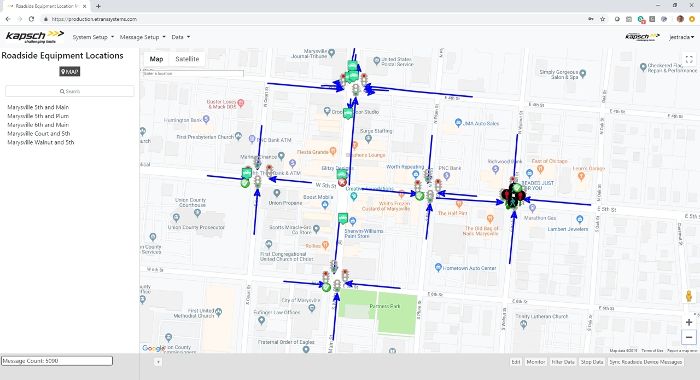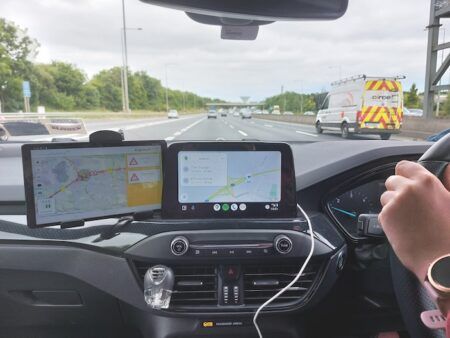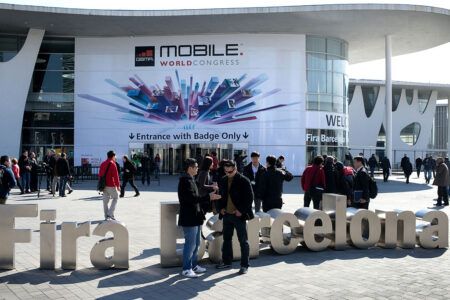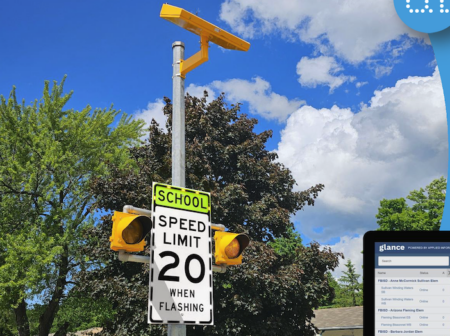Austrian end-to-end intelligent transportation systems (ITS) provider Kapsch TrafficCom has been selected by the city of Columbus in Ohio, to oversee the infrastructure integration of its Smart Columbus Connected Vehicle Environment (CVE).
A key component in the Smart Columbus project, the CVE is expected to enhance safety and mobility for vehicle operators and improve pedestrian safety in school zones by deploying connected vehicle (CV) infrastructure at the roadside and CV equipment in vehicles. Through the use of vehicle-to-everything (V2X) technology. The CVE testbed will allow vehicles, traffic signals, and other ITS components to communicate with each other, alerting drivers to potential hazards, allowing emergency vehicles to move through intersections quicker, and provide warnings to other road users. Due to launch in July 2020, the CVE will also provide sources of high-quality data for traffic management and safety purposes.

As the infrastructure prime contractor, Kapsch will supply its ITS Station 9160 (RIS-9160) roadside units (RSUs) at over 100 Columbus intersections to support Vehicle-to-Infrastructure (V2I) safety and mobility applications. Using the 5.9GHz waveband, the RIS-9160 RSU provides IEEE 802.11p wireless communication for both the ETSI ITS G5 and IEEE WAVE standards for applications within the cooperative ITS (C-ITS) environment, with the unit’s technology scalable to allow for easy upgrades to new device capabilities. For the project, Kapsch will also supply its Smart Cities Control Center (SC3), which will be used to configure, monitor, and gather live data from the entire environment. This data will be integrated into the Smart Columbus network with the ultimate goal of improving mobility for local residents while improving the safety and efficiency of the city’s transportation network.
The CVE project will integrate connected vehicles into the city’s transportation environment by installing in-vehicle and roadside technology, and by deploying CV applications that will enable enhanced safety and mobility features. The CVE will generate the transportation-related data that is needed by the connected vehicle applications on trial. Kapsch will complete the RSU installation by February 2020, and will monitor the status of the RSU network through the end of the demonstration period in March 2021. Kapsch’s partner subcontractors are Econolite, Path Master, and Danlaw.
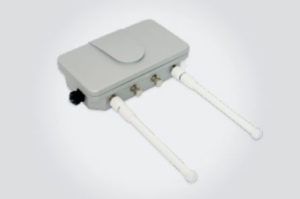
The Connected Vehicle Environment (CVE) project is one of multiple transportation-related projects in the Smart Columbus program, which was founded in 2016 when the city won the US Department of Transportation’s (USDOT) Smart City Challenge. The project serves as a model for other cities wishing to incorporate new technologies into their transportation networks. Through the program, Columbus shares lessons learned and best practices from integrating ITS in order to increase transportation mobility, safety, and efficiency for its residents.
“As Columbus leads the way in defining what it means to be a smart city, we are proud to support their efforts with our ITS products and expertise,” said Chris Murray, president of Kapsch TrafficCom North America. “Our systems are designed to foster connected mobility between people and data among highways and urban areas, and integrating the Columbus CV environment is an ideal application of our solutions.”


